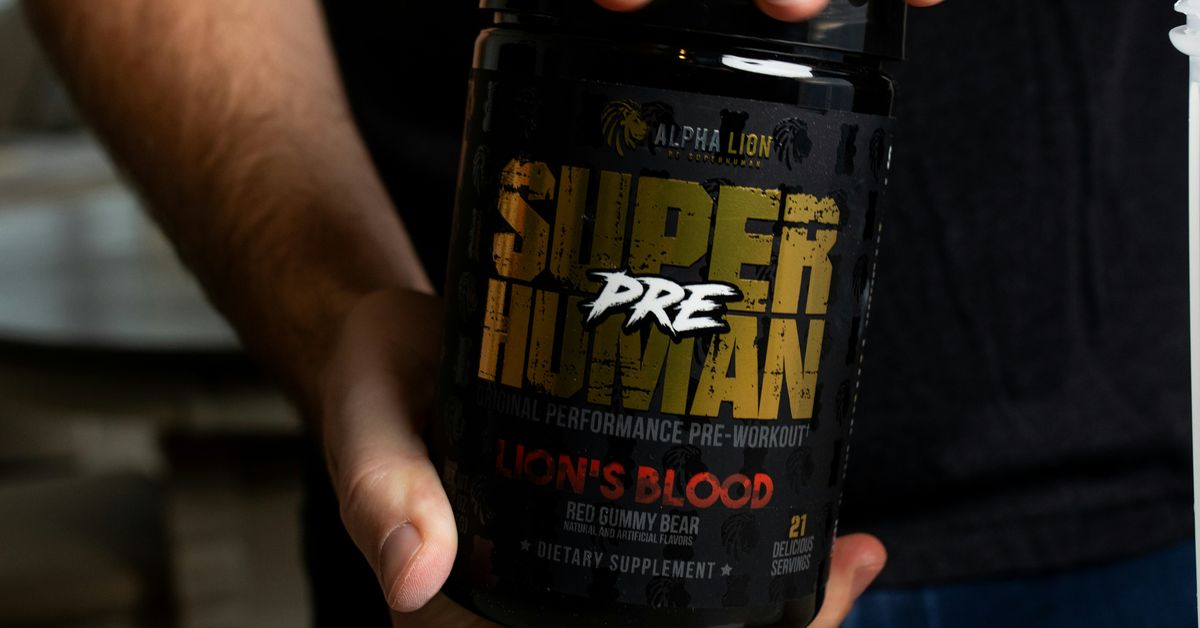Are You Wasting Money on Supplements? Discover What Really Works!
In a world that often feels like it’s spinning at a hundred miles an hour, the quest for health and fitness can leave many of us feeling overwhelmed. Walk into any health store or scroll through your social media feed, and you’ll be bombarded with shiny bottles promising everything from weight loss to muscle gains—often for a price that makes your wallet cringe. But the real question is: are you wasting money on these supplements? Let’s dive into this murky pool and find out what really works.
The Supplement Industry: A Billion-Dollar Behemoth
The supplement industry is a veritable goldmine, raking in over $140 billion globally each year. (That’s billion with a “B,” folks!) It’s become a landscape dominated by flashy marketing and celebrity endorsements. But before you reach for that brightly colored tub promising to turn you into a Greek god—or goddess—let’s take a closer look at what’s truly effective.
When I first got into fitness, I remember being overwhelmed by the sheer volume of products available. I mean, how many types of protein powders does one person need? It struck me that many of these products often led to more confusion than clarity. And that’s the crux of the issue: a significant number of people are investing in supplements without really understanding what they need or, frankly, what works.
Understanding Your Body’s Needs
Before you jump onto the supplement bandwagon, it’s crucial to understand your individual health and fitness needs. Not everyone requires the same nutrients or supplements. Factors like age, diet, lifestyle, and specific health goals play a massive role in what your body actually needs.
For instance, if you’re vegan or vegetarian, you might need to supplement with Vitamin B12 or Iron, as these nutrients are often lacking in plant-based diets. Similarly, athletes often require more protein to support muscle repair and growth. On the other hand, if you’re generally healthy and consume a balanced diet rich in fruits, vegetables, lean protein, and whole grains, you may find that supplements are not necessary at all.
The Power of Whole Foods
Ah, the age-old adage: “you are what you eat.” This couldn’t be truer when it comes to nutrition. Whole foods—like fruits, vegetables, grains, and lean meats—provide a spectrum of nutrients that supplements simply can’t replicate. Plus, they come with the added benefit of fiber, antioxidants, and other compounds that promote overall health.
Let’s face it, I’ve had my fair share of protein shakes, but nothing beats the satisfaction of a well-balanced meal. Think about it: a colorful plate filled with greens, roasted sweet potatoes, and grilled chicken not only looks appealing but also fuels your body in ways that a powder simply can’t. And let’s not forget the joy of eating! (I mean, who doesn’t love a good meal?)
When Do Supplements Make Sense?
Of course, there are instances where supplements can be beneficial. Here are a few situations where it might be worth considering:
- Nutrient Deficiencies: If blood tests reveal deficiencies, targeted supplementation can help. For example, many people are low in Vitamin D, especially those in northern climates.
- Specific Health Conditions: If you have certain health issues—like osteoporosis—calcium and Vitamin D supplements may be necessary.
- Intense Training Regimes: Athletes may need extra protein, amino acids, or creatine to support their training.
However, even in these scenarios, it’s essential to consult with a healthcare provider or a registered dietitian before jumping into the supplement aisle. Pharmacists often joke about how clients come in with a grocery list of supplements when a simple dietary adjustment could suffice. Trust me; I’ve seen it happen more times than I can count.
Popular Supplements: Do They Work?
Let’s take a closer look at some of the most popular supplements on the market and see if they live up to the hype.
Protein Powders
Protein powders are some of the most widely used supplements, often marketed toward athletes and fitness enthusiasts. The idea is simple: they provide a quick and convenient source of protein. But do they really work?
Research suggests that protein supplementation can help with muscle recovery and growth, particularly when consumed after exercise. However, the key point is that most people can meet their protein needs through whole foods alone. Chicken, fish, beans, and legumes are all excellent sources of protein.
If you find it challenging to hit your protein goals due to a busy lifestyle, a protein shake can be a convenient option. But remember, it’s not a magic bullet. I’ve often found myself reaching for a shake simply because it’s easy, not necessarily because it’s the best option.
Creatine
Creatine is another popular supplement—often hailed as the “king” of sports supplements. It’s been shown to enhance performance during high-intensity exercise, making it particularly popular among weightlifters and sprint athletes.
But what’s the catch? Well, while creatine is generally considered safe, it doesn’t work for everyone—some people simply don’t respond to it. Moreover, it’s essential to stay well-hydrated while using creatine, as it can draw water into your muscles.
Omega-3 Fatty Acids
These little gems are often touted for their heart health benefits and anti-inflammatory properties. Found in fish oil supplements, omega-3s can support cardiovascular health and may even improve mood. However, you can also find these healthy fats in foods like salmon, walnuts, and flaxseeds.
Before you start investing in fish oil capsules, consider whether you can incorporate more omega-3-rich foods into your diet. Sometimes, a simple adjustment can do the trick!
Multivitamins
Ah, the trusty multivitamin. Many people take them daily in the hopes of covering all their nutritional bases. While they can be beneficial for those with dietary restrictions or deficiencies, research suggests that most healthy adults may not need them.
In fact, some studies indicate that high doses of certain vitamins can even be harmful. So before you pop that pill, think about whether your diet is truly lacking. And remember, it’s always best to get your nutrients from food when possible.
Spotting the Red Flags
As you navigate the world of supplements, it’s essential to be vigilant. Here are some red flags that might indicate you’re looking at a product that’s more fluff than substance:
- Overblown Claims: If it sounds too good to be true, it probably is. Be wary of products that claim to be a “cure-all” or promise rapid results.
- Unscientific Backing: Look for products that are backed by research. If the company can’t provide evidence, you might want to steer clear.
- Too Many Ingredients: If the label reads like a chemistry experiment, that might be a sign to rethink your choice. Simpler is often better.
Consulting with Professionals
Here’s a thought: why not consult with a healthcare professional before diving headfirst into the supplement pool? A registered dietitian can help you assess your nutritional needs and guide you toward safe and effective options.
In my experience, I’ve seen countless people waste money on supplements that they didn’t need. A friend of mine once spent hundreds on various vitamins, only to find out that a few small changes to her diet could have provided her with everything she needed. Talk about a wake-up call!
Making Informed Choices
When it comes to supplements, knowledge is power. Educating yourself on what’s available and what’s genuinely beneficial can save you a lot of time and money. Remember, the best approach to nutrition is one that focuses on whole foods, balanced meals, and mindful eating.
It’s also worth considering that the body’s needs can change over time. What works for you now may not work in a few years. Staying attuned to your body and its signals is crucial.
Final Thoughts: A Balanced Perspective
As we wrap up this exploration, let’s return to the central question: are you wasting money on supplements? The answer, as is often the case, is complex. Some supplements can indeed be beneficial, particularly for specific populations or health conditions. But for many of us, focusing on a well-rounded diet rich in whole foods can provide all the nutrients we need.
In a world filled with shiny advertisements and persuasive marketing, it’s easy to get caught up in the supplement craze. However, the best advice often comes from a simple place: listen to your body, seek professional guidance, and prioritize nutritious foods. And remember, sometimes, the age-old wisdom of “you are what you eat” rings truer than any supplement ever could.
So, the next time you find yourself in a supplement aisle, take a moment to pause and reflect. Is that bottle really worth it? Or can you get what you need from your next meal? Your wallet (and your body) will thank you.












